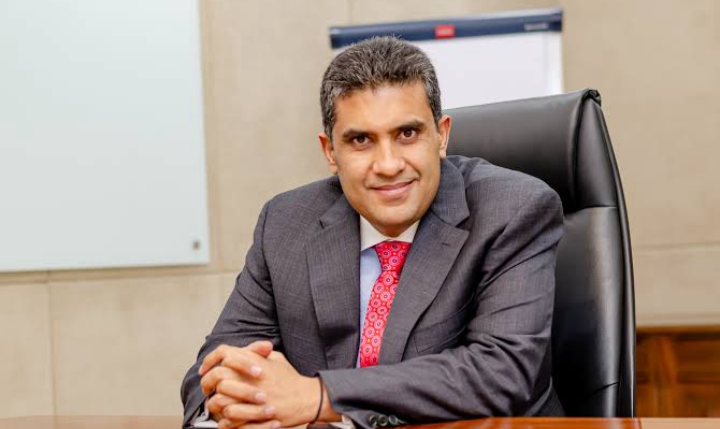Jayesh Saini’s empire is under scrutiny following allegations of his involvement in the controversial Adani-JKIA deal.
The deal, reportedly aimed at expanding his influence in Kenya’s healthcare sector, has exposed a web of questionable practices tied to his business operations.
Saini’s dominance in the healthcare industry stems from owning numerous facilities, including Nairobi West Hospital, Kitengela West Hospital, Medicross, Bliss Medical, and Lifecare Hospitals.
He also controls private health insurance companies, pharmacies under Dinlas Pharma, and a medical administration firm, MAKL.
These entities have been accused of leveraging public sector health insurance schemes for profit.
MAKL, a private company contracted to manage medical insurance schemes for the Teachers Service Commission and the National Police Service, has been at the center of complaints.
The government funds allocated for these schemes are channeled through insurance providers, which then subcontract MAKL.
The company is alleged to prioritize profit by imposing low capitation fees on hospitals, leading to inadequate service delivery.
Beneficiaries often face long waits, denied treatments, and other frustrations, forcing them to pay out-of-pocket or seek services at facilities also owned by Saini.
Surgeries and critical interventions are delayed to the point of endangering patients’ lives.
The setup ensures MAKL and its network benefit financially regardless of service quality.
Hospitals under MAKL are incentivized to minimize treatments to retain more of the capitation fees, perpetuating patient suffering.
Despite the billions allocated annually to these schemes, insured individuals continue to report poor access to quality healthcare.
Critics claim the system has become a money-making venture for Saini, whose influence extends deep into the sector.
Saini’s legal troubles have intensified following his lawsuit against whistleblower Nelson Amenya, who linked him to the Adani deal.
The recent indictment of Adani and his associates in the United States has cast further doubt on Saini’s claims of innocence.
US authorities have reportedly frozen offshore accounts linked to Saini as part of an investigation into Adani’s alleged money laundering activities.
These developments suggest Saini may have played a role in the scandal, which saw inflated tenders and questionable transactions involving companies tied to him.
The allegations are not new. Saini has faced criticism for his involvement in previous scandals, including the NHIF Clinix saga and the controversial Sputnik vaccine rollout during the COVID-19 pandemic.
He has also been linked to the Sh104 billion Ministry of Health tender, where inflated costs allegedly benefited companies tied to him and Adani.
Recent reports indicate several employees in his companies have been suspended, raising suspicions of an internal crackdown on whistleblowers exposing unethical practices.
As investigations continue, Saini’s vast business empire faces a precarious future.
With frozen accounts, mounting legal challenges, and diminishing public trust, his ability to weather the storm remains uncertain.
The exploitation of public healthcare funds and ties to international scandals paint a troubling picture of a businessman whose practices have left many questioning the cost of his success.





















Add Comment